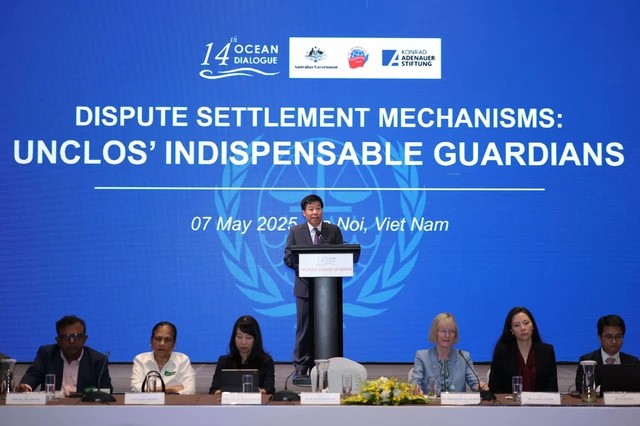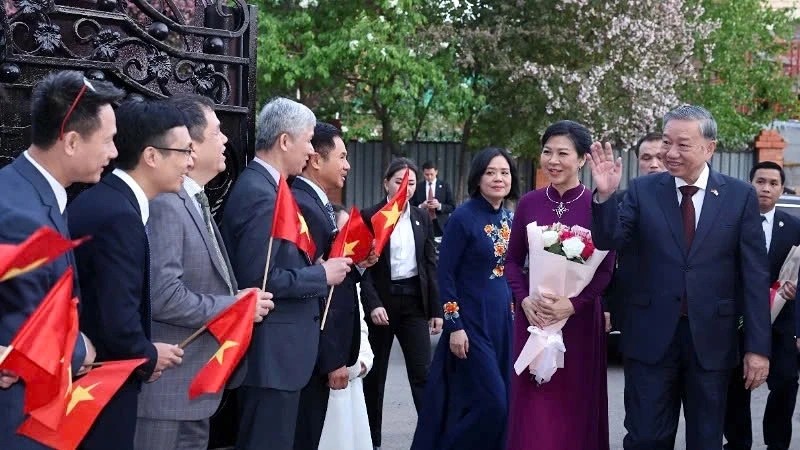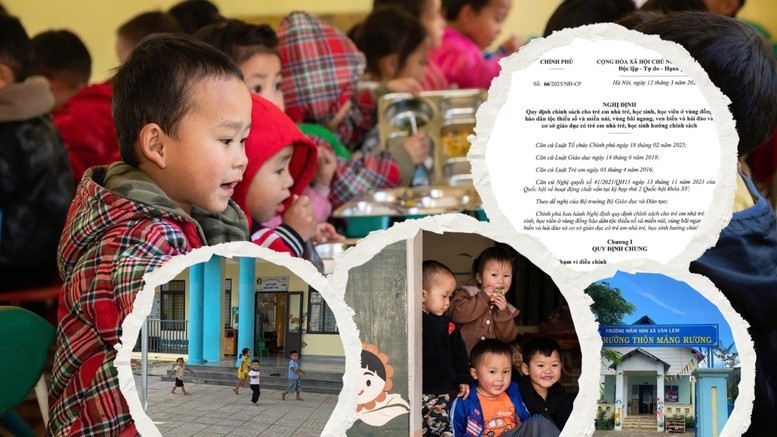Great result for 5-year development project in Cao Bang province
New Zealand Ambassador to Viet Nam, Wendy Matthews, travelled to Cao Bang province to visit communities involved in the New Zealand-funded project “Building Strong and Resilient Communities in Rural Cao Bang.”
 |
The NZD1.7 million project was implemented by ChildFund Vietnam and the People’s Committee of Tra Linh District from July 2014 to June 2019. The project boosted local families’ income from agricultural production, improved their access to credit, provided vocational training, and built their capacity to manage natural disaster risks. By its conclusion, the project had supported 1,400 local families of H’Mong, Tay, and Nung-Dao ethnic groups in the district’s six poorest communes (Cao Chuong, Luu Ngoc, Quang Han, Quang Vinh, Quoc Toan, and Xuan Noi).
As part of her first visit to Cao Bang, Ambassador Matthews visited the project’s model cow and goat farms, passion fruit farms, maize post-harvest storage, and irrigation systems, some of the key examples of the project’s positive and sustainable impact.
“I am pleased to see this project’s tangible outcomes for the ethnic minority families of the Tra Linh District. Our support was very practical, with a range of activities implemented to improve agricultural production, lift families’ income and improve their disaster resilience. Altogether 1,400 ethnic minority families in Tra Linh District benefited from this New Zealand Embassy- ChildFund project” Ambassador Matthews said.
Through the provision of technical training and material support, the project has helped many local farmers improve their income from crops and livestock. Among those, goat raising was one of the most effective.
11 irrigation systems have been built and people have increased access to new livestock through the cow bank scheme. Project participants have received capacity building training in cultivation and animal husbandry. As a result, 60% of households report increased their income compared to 2014. In addition, 400 women and young people have access to micro-credit and 180 young people received vocational training for the first time. Each of the six communes has developed practical disaster preparedness plans.
The project contributed to increased agricultural productivity through promotion of livelihood models and improved farmers’ capacity in crops, cash crops, and livestock raising. 55% and 57% of households reported to have increased returns from crops and livestock respectively during the period from 2014 to 2019.
In 2014-2019 period, over 330 households in Tra Linh have been supported to grow passion fruits. This is among the most promising crops as the gross profit ratio of passion fruits is 70% average (2018 year) compared to typical 20-30% of gross profit ratios of others such as maize and rice. Initial efforts to link farmers to wider markets were evidenced with the formation of some cooperatives and platforms to link producers with processors.
 |
During an official meeting with Hoang Xuan Anh, Chairman of Cao Bang People's Committee, Ambassador Wendy Matthews is pleased to see the tangible outcomes for the ethnic minority families of the Tra Linh District. The support was very practical, with a range of activities implemented to improve agricultural production, lift families’ income and improve their disaster resilience. Altogether 1,700 local families, all of them ethnic minorities in Tra Linh District, benefited from this New Zealand - ChildFund project.
Ambassador Wendy Matthews also shared her thoughts on the sustainability level of the project: “One of the most important achievements of this project was the establishment of greater linkages between farmers and the market, especially the contract with Nafoods that has introduced passion fruit to the province with very promising results.
Our investment in Cao Bang is an example of New Zealand’s commitment to supporting vulnerable communities across Vietnam to strengthen their ability to decide their own future, and to live to their full potential.”
Tra Linh District is characterised by high poverty rate, geographic isolation, lack of access to economic opportunities, and limited arable land. The district is also susceptible to natural disasters. The district is situated in the far north of Vietnam, and is home to many ethnic minorities. 40% of households in the district are classified as “poor” according to the government’s official criteria.
Nguyen Thi Bich Lien, ChildFund Vietnam Country Director said, the 10 year partnership of ChildFund and Cao Bang authority has created positive changes to the lives of ethnic minority children and their families. We are thankful to the support from New Zealand government and people in the last and coming new projects. The cominng new project once again confirms the commitment of our continous support to reach more vulnerable communities in Cao Bang in order to enable the children’s future in which they can develop further.
Recommended
 National
National
Vietnam News Today (May 12): Party General Secretary Meets With Russian Experts, Intellectuals
 National
National
Vietnam News Today (May 11): Vietnam, Austria to Boost Cooperation in High-Tech Development, Innovation
 National
National
Vietnam News Today (May 10): Vietnamese Peacekeepers Honored with UN Medal in South Sudan
 National
National
Vietnam News Today (May 9): Vietnam Ready to Work With Russia to Elevate Relations
 National
National
Vietnam News Today (May 8): Vietnam Remains Committed to UNCLOS
 National
National
Vietnam News Today (May 7): Vietnam Hosts Over 7.67 Million International Visitors in First 4 Months
 National
National
Vietnam News Today (May 6): Party Leader To Lam Meets Vietnamese Expatriates in Kazakhstan
 National
National
